Suns offseason questions: What does the wing group look like next year?
Oct 13, 2020, 3:48 PM
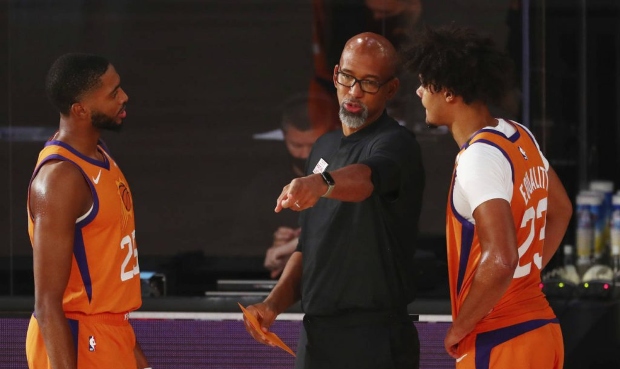
Phoenix Suns head coach Monty Williams talks with forwards Cameron Johnson (23) and Mikal Bridges (25) during the second half of an NBA basketball game against the Washington Wizards, Friday, July 31, 2020, in Lake Buena Vista, Fla. (Kim Klement/Pool Photo via AP)
(Kim Klement/Pool Photo via AP)
The NBA Draft is a little over a month away. On top of that day being one of the top-3 of the year when it comes to trade activity, first-round selections will answer some offseason questions as well.
Empire of the Suns previews what those questions are for the Phoenix Suns before that day.
The NBA is often referred to as a “positionless” game these days but there are still labels that can be assigned.
New Orleans Pelicans guard JJ Redick put it eloquently on his podcast by saying it comes down to three positions/roles: initiators, wings and rim protectors. That’s it.
The Suns have three wings, and three good ones that are all 24 years old.
Kelly Oubre Jr. has earned that label improving year-to-year, continuing to get better at what he needs to while always providing definable energy and scoring.
Mikal Bridges makes an All-Defense team this past season if the Suns had the number of eyeballs all year that they had in the bubble, and he made needed adjustments to his offensive aggression and shot.
Cam Johnson may already be one of the league’s great shooters, and his overall game took a noticeable post-quarantine jump.
Go look for another roster that can say they have three solid, rotation-caliber wings under the age of 25. You’ve got New Orleans with Josh Hart, Brandon Ingram and Zion Williamson and … that’s it.
The Suns should keep all three of theirs for the next half-decade, so why wouldn’t they? Ah, because it can never be that simple, of course.
The biggest reason to doubt that is Oubre’s pending unrestricted free agency next summer (?). Since Phoenix signed him to a two-year deal, Oubre can’t be signed to a contract extension.
While Oubre was rehabbing his meniscus in Orlando, the Suns played their best basketball in five years with Bridges and Johnson starting at forward.
Entering the bubble, all everyone could talk about was the apocalyptic destruction the starting five of Ricky Rubio, Devin Booker, Bridges, Oubre and Deandre Ayton did in the regular season, outscoring teams by 20.1 points per 100 possessions over 226 total minutes.
Exiting the bubble, at least a small section of the fanbase is ready to write off Oubre in favor of the more “team-friendly” roles Bridges and Johnson play.
To wit, at least in this writer’s opinion, a combination of Bridges’ budding potential offensively and a dismissal of what Oubre does well has resulted in this type of projection for some.
If the Suns' roster holds to these 3 wings next season, which one do you think will perform the best?
— Kellan Olson (@KellanOlson) October 1, 2020
Bridges’ valuable is undeniable. He is the 3-and-D guy front offices crave, and his game is more than that. Everyone loves him and they should. The meme of the year on Suns Twitter is just tweeting “Mikal Bridges.” He got in on it. It’s a good time.
But Oubre was the better player this year and very likely will be next.
Yes, he’s not much of a passer. His defense is fine and not anything more because of the zoning out off-ball. The three-point shooting is OK, and that was after a career year of 35.2% on over five attempts a game.
Oubre also averaged 18.7 points and 6.4 rebounds per game on 45.2% shooting. Production at that level and his intangibles on the court matter more.
Again, in my opinion, the overlooking of Oubre is more of an extension on a discussion that’s been taking place over the next few months that we can get into more.
If all three come back, who should start?
Who should start next year if all 3 are back?
— Kellan Olson (@KellanOlson) October 13, 2020
Bridges is obviously the first guy in. He’s a high-level wing defender and got his three-point shooting up to 36.1% on the year, posting 40.0% efficiency in the bubble and a 39.7% number in his 32 games after Jan. 17. He’s finally trusting himself off the bounce and it’s beautiful to see.
It comes down to Johnson and Oubre for the second spot.
Despite Johnson being the worse and more inexperienced player, his contribution has unmatchable consistency, as we saw in the bubble.
This upcoming example is bad defense by the Washington Wizards, but it shows the spacing for Booker and Ayton’s two-man game that can only be helped by Johnson. It’s an ocean of room for Booker to move into off Ayton’s screen, and it’s basically curtains after that because Johnson’s defender Rui Hachimura can’t leave the three-point line.
For Booker, it’s either a free pass to Bridges in the strong-side corner, another to Ricky Rubio in the weak-side corner, or this.
Johnson held his own defensively in Orlando, rebounded well when the team needed him to and kept making plays to be a contributor beyond shooting. You’d be surprised how many people think moving Johnson back to the bench is out of the question and they’ve got a case.
The team went 8-0 with him in there during what could prove in the future to have been a franchise-altering month of building the team culture off winning.
However, even with the inflation of the bubble results, Oubre’s 0.2 net rating isn’t that far off from Johnson’s 1.0 and Bridges’ 2.9 numbers.
The net ratings for the duos lean towards Bridges-Oubre (5.0) and Bridges-Johnson (2.4). But the most notable difference is between Booker-Bridges (6.9), Booker-Johnson (5.2) and Booker-Oubre (0.6).
Based on team balance and need, what Oubre does best would maximize the team the most off the bench. Bridges and Johnson cannot score the way he does, nor can they swing games single-handedly when they are truly impacting the game.
Booker with the gravity of Ayton and spacing of shooters is enough for a great offense. If Johnson’s improvement from his extra offseason of sorts during the season’s stoppage is real and then some, Oubre as the sixth man is the most logical conclusion.
Except Oubre is making $15 million in a contract year and is a critical piece of the team’s functioning chemistry.
Coaches often scoff at the frequency of starting lineup questions, downplaying the importance of who starts. Closing games is looked at as what’s more important “in the grand scheme of things” if you choose to be that philosophical about it.
But guys care. It does matter. And if Oubre cares — which, to be honest, he probably should — then he will start. And maybe his energy is just as important starting games as it would be off the bench. Head coach Monty Williams is going to have enough minutes for all three guys if the team doesn’t make a decently-sized move at forward, and Johnson in his second year as the third cog is perfectly acceptable.
There. Done. Sorted. We did it. That was simple. Well, except it’s not, remember?
We’ve established Oubre’s value, so the Suns could get something nice in return for his expiring contract. Moreso, though, it’s about the likelihood of being able to retain Oubre the season after next.
The wings that averaged more points per game than Oubre who are as young or younger than him are Jaylen Brown, Jayson Tatum, Williamson and Ingram. Oubre will have plenty of interest in free agency and command a high price.
While Booker has the only expensive long-term contract on the team, Ayton and Bridges have extensions off their rookie deal coming up for the 2022-23 season. That sounds far away, but if Oubre is brought back on a four-year deal, they’d be paying Ayton, Booker, Bridges and Oubre for two years. Especially when factoring in Booker’s max salary, that’s going to be pricey and doesn’t offer much wiggle room. The cap always goes up is not a convenient-enough excuse for that.
Winning is, but this group hasn’t done that yet. Next season could prove otherwise.
There are other intricacies in the big picture to consider that will shift the path we’re going down.
Finding the right deal for Oubre will be tricky. The trade suggestions being tossed around are laughable, such as moving up in the draft by using Oubre as the juice to get it done.
But having Oubre serve as the fulcrum for either a huge win-now trade or in a deal where its primary asset coming back to Phoenix could be used in said trade is a thought, one The Timeline Podcast’s Mike Vigil has percolated.
In essence, what that would be is taking an altered viewpoint on the luxury of having the three good wings. Instead of it being awesome having three, it’s just as awesome because the Suns could get away with losing one. Maybe that’s even Bridges or Johnson, but bailing on the long-term control the Suns have on those two would have to mean a move that’s truly massive, so let’s just toss that aside for now.
This is where we get to the 2020 NBA Draft and the Suns’ No. 10 pick. There are a few names in range that line up with either general manager James Jones’ ideal player or young talent the Suns could use.
Florida State’s Devin Vassell is a smaller version of Bridges’ player archetype, more of an off-ball dynamo defensively than on-ball menace. Aaron Nesmith shot the ball extremely well for Vanderbilt and would be another sniper to pair with Johnson. Patrick Williams’ power wing potential was tantalizing to watch at times for the Seminoles while Deni Avdija’s playmaking chops at Maccabi Tel Aviv are an offensive skillset none of the Suns’ three wings offer.
Getting value for Oubre instead of him bailing in a year for nothing while plugging in a starting lineup that was successful and filling that bench spot with a lottery pick that fits isn’t too shabby.
The common misconception, however, is the part of that sentence that reads “for nothing.”
The contributions Oubre would bring to the team next season would not be nothing. It would take incredible levels of fortune for the Suns to turn Oubre and/or the cap space off getting rid of him into a better player for 2020-21. And having Bridges and Johnson there to cushion the blow of potentially losing Oubre the season after next should matter too.
All three staying is the ending point most of these discussions arrive at. Continuity sure wouldn’t hurt for this team, and the Suns’ most glaring holes for this offseason (third guard, big depth) are doable without losing Oubre. With the economic questions all franchises are facing in the middle of a pandemic, a stagnant offseason wouldn’t be shocking, either.
As long as Phoenix’s young talent continues to develop and those two needs are filled, the playoffs are attainable running it back. And if that’s in doubt with the trade deadline approaching, getting something for Oubre can happen then. The last thing the Suns should do is seriously shake things up when something’s finally going right, and for the moment, that’s the direction they’re remarkably trending in.

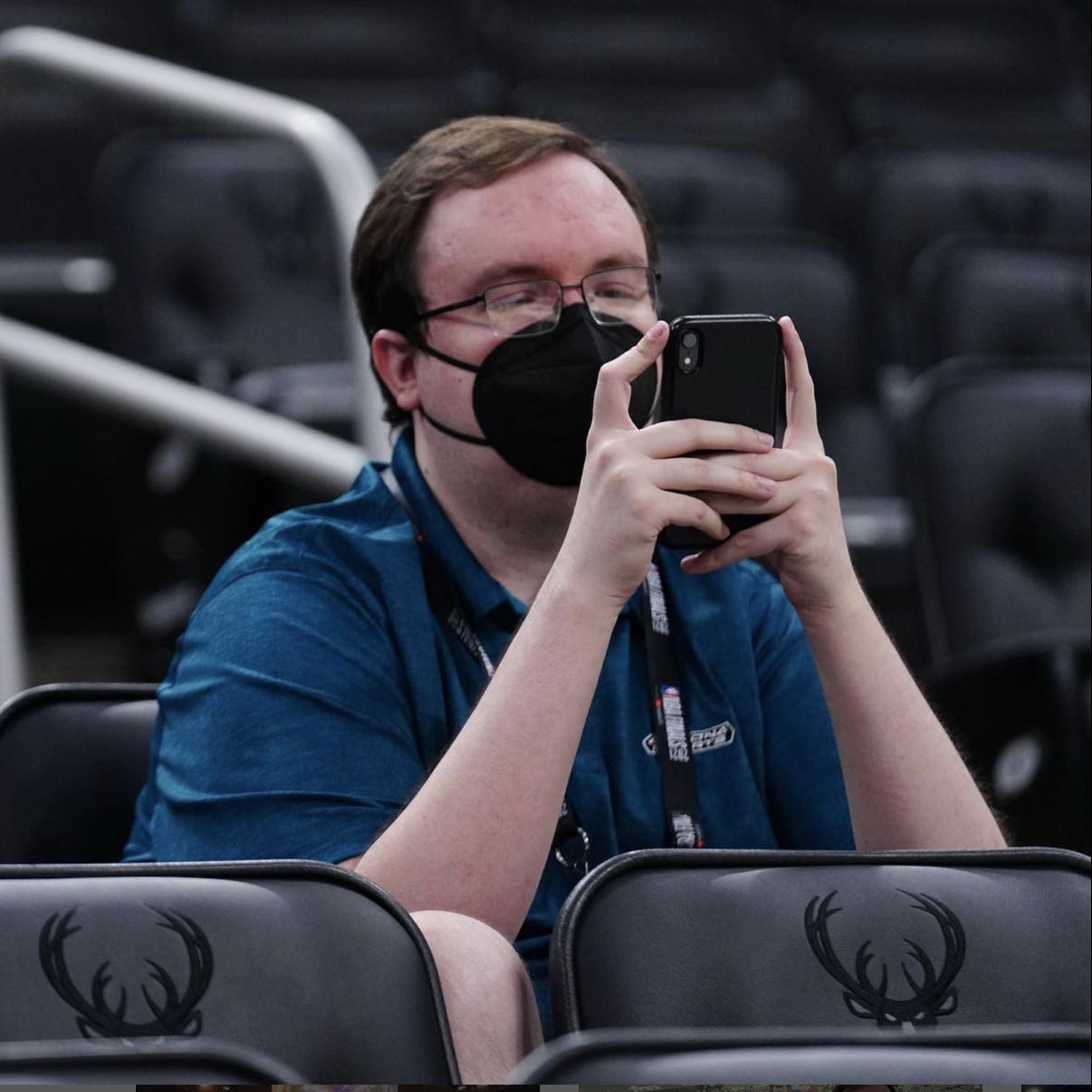
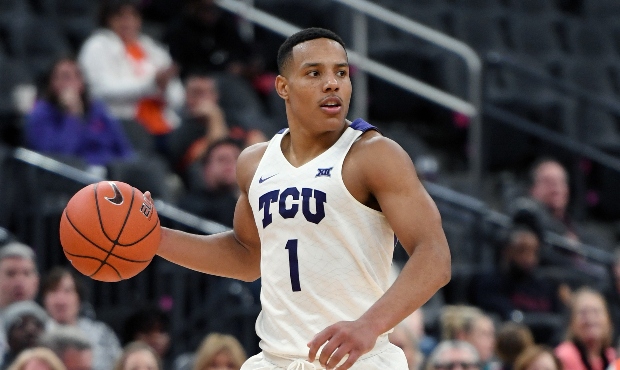
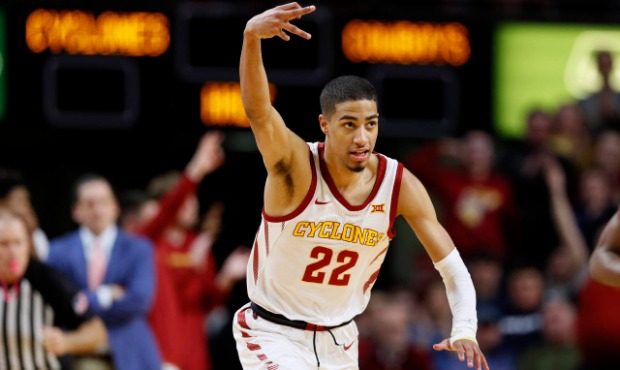
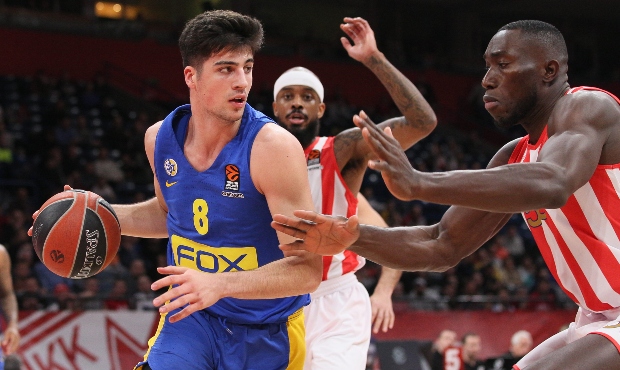
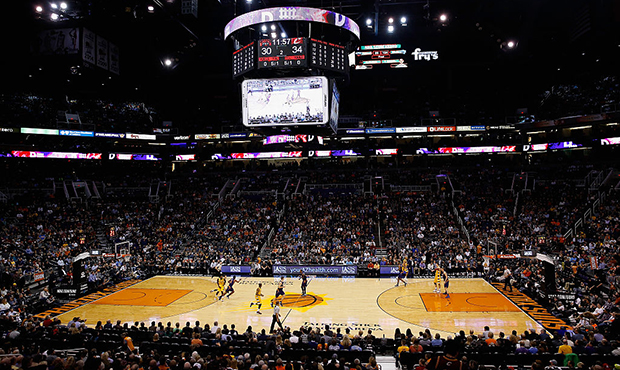
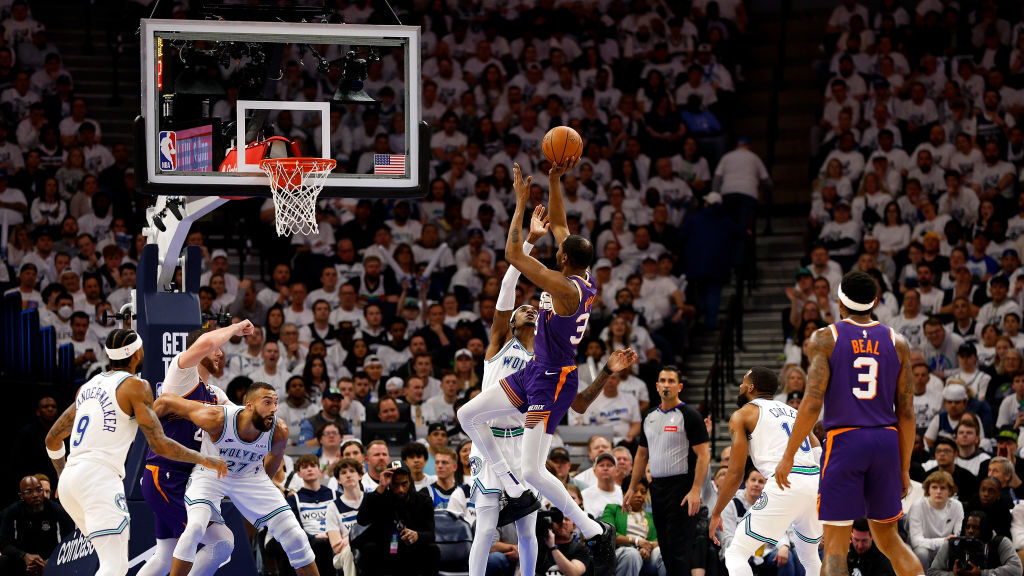
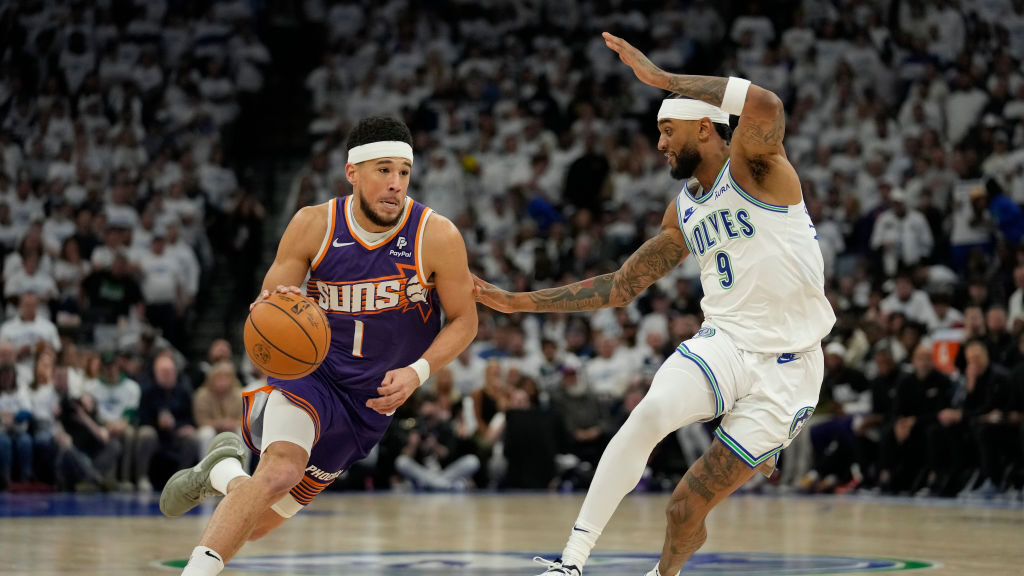
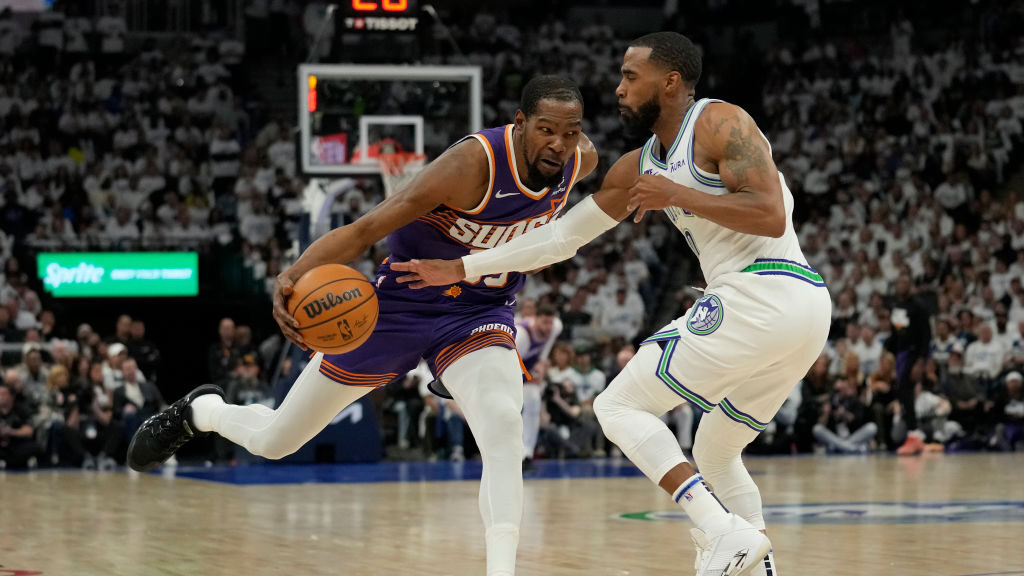
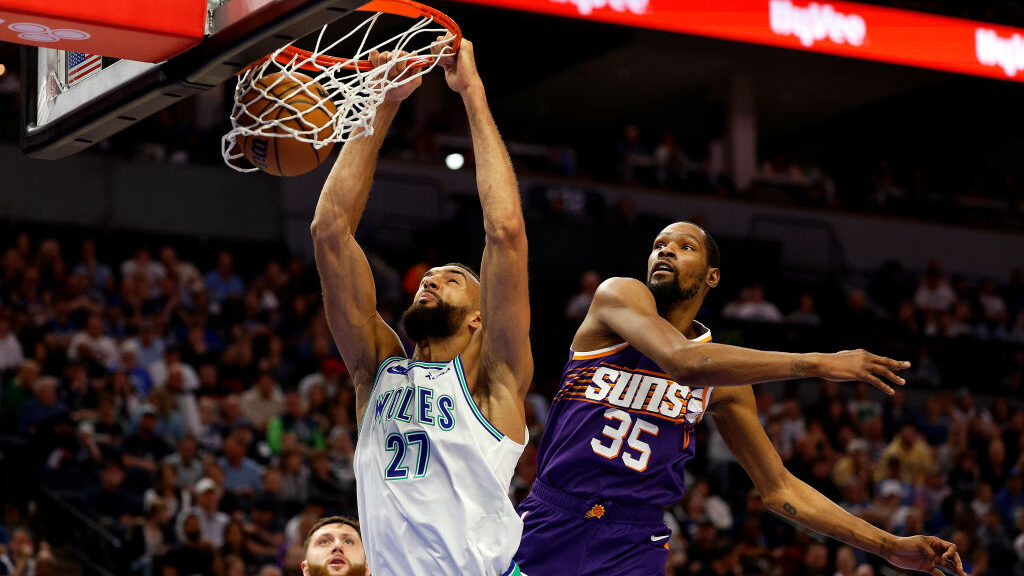
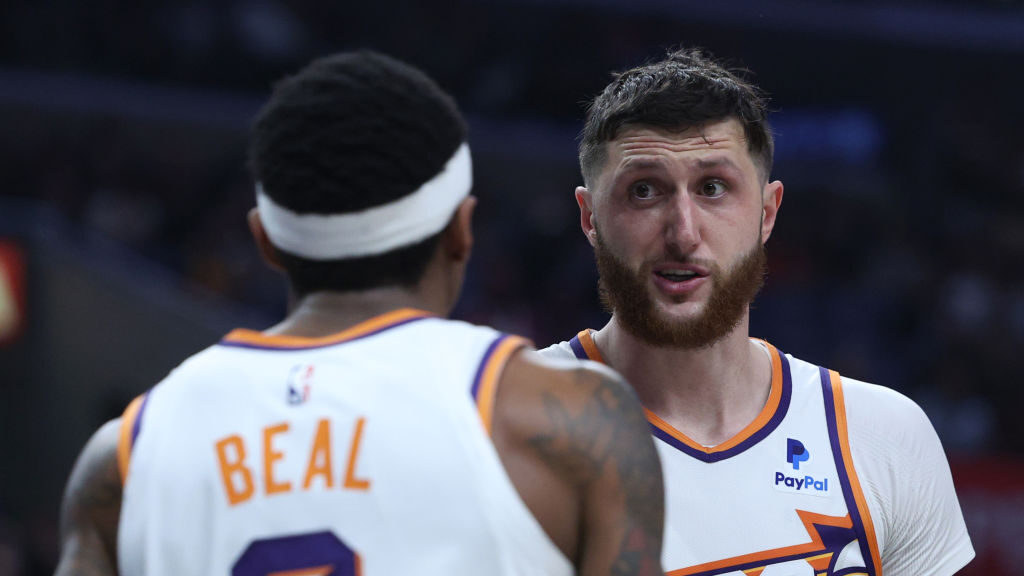
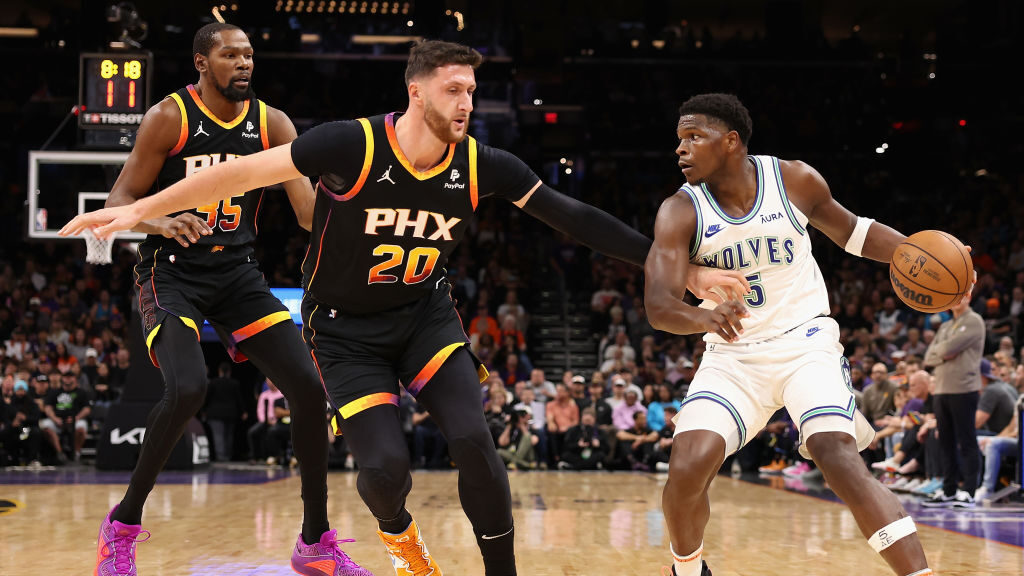
Comments